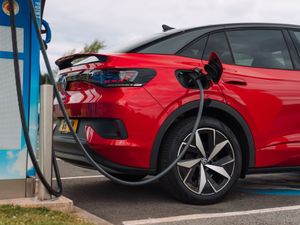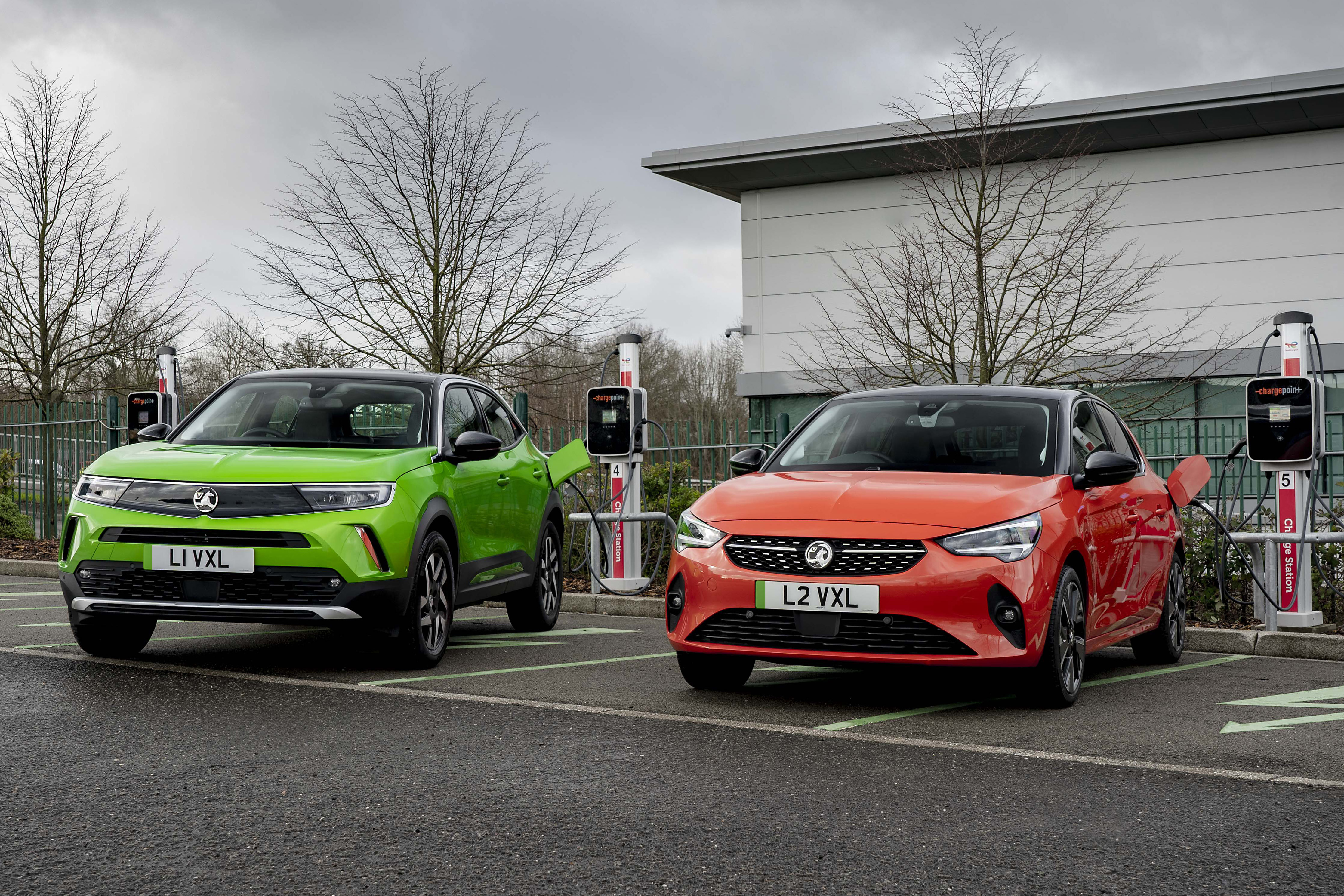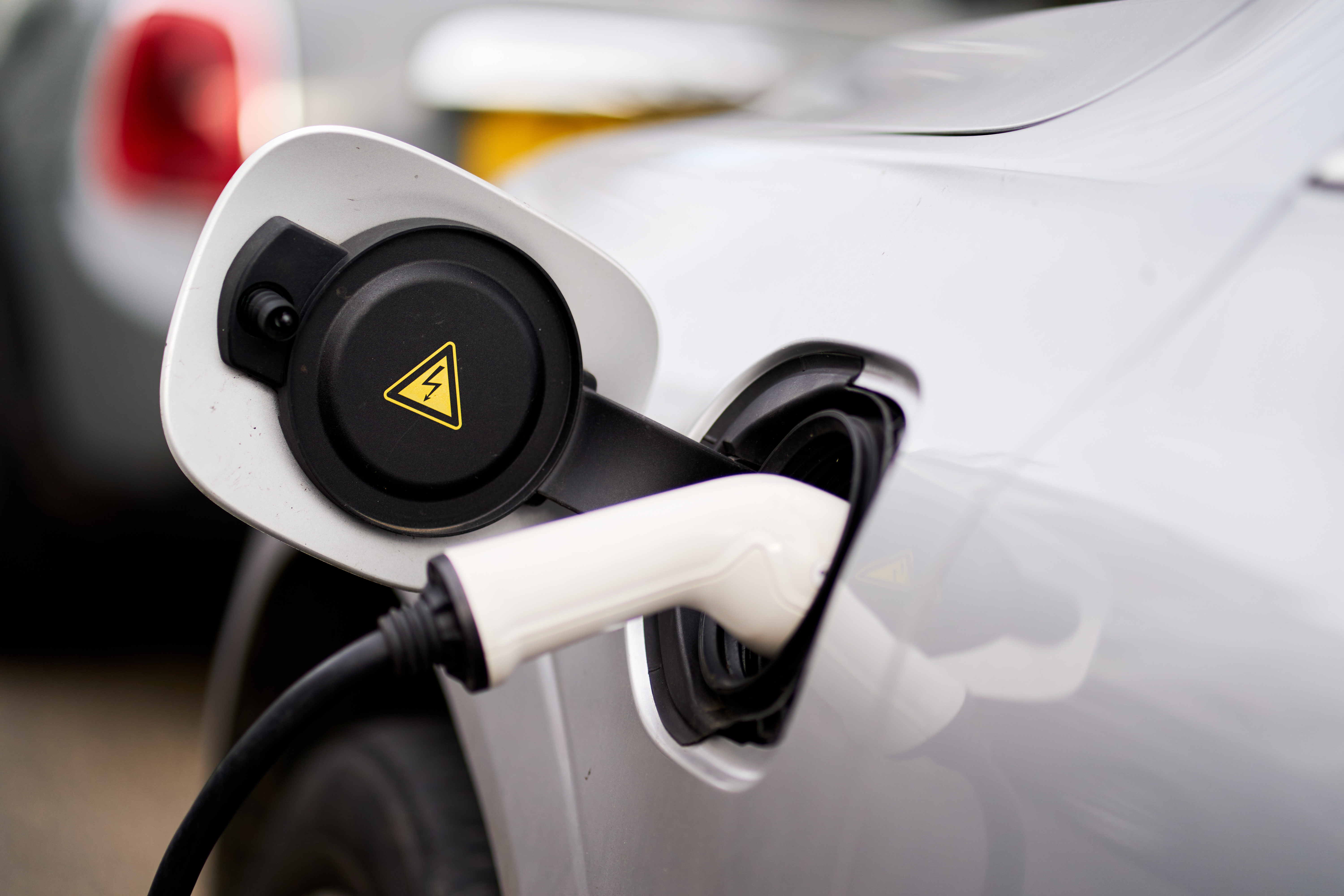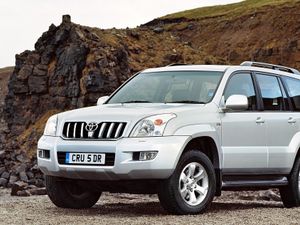What is the Zero Emission Vehicle mandate?
New rules are going to make things tougher for car makers – but what are they all about?

Everyone knows that in an effort to tackle climate change, emissions need to be reduced. This can be done through a variety of ways but now, in an effort to increase the number of electric vehicles on the road, the government has introduced the Zero Emission Vehicle (ZEV) mandate.
It’s a new framework which is going to impose tougher rules on car makers – but what are the intricacies of it? We’ve got the key points to note.
What does the zero emission vehicle mandate mean?
Essentially, in an effort to boost the number of people driving electric vehicles, the UK government has put in place a new framework that will require 80 per cent of each manufacturer’s new cars and 70 per cent of new vans sold in Great Britain to be zero emission by 2030.
That time period will then move to 100 per cent of vehicles by 2035, putting it in line with countries such as France, Germany and Sweden.
Are there any other rules being enforced?

Yes. The mandate sets a target as a percentage of a manufacturer’s total sales which must be zero emission. With each year, the target will get higher, so car makers will have to produce a higher proportion of electric vehicles.
The mandate starts in 2024, when each manufacturer will have to achieve 22 per cent electric sales, or face fines unless they trade with other manufacturers.
Will this change the ban on the sale of new petrol and diesel cars in 2035?
No, this mandate works alongside it. So while new petrol and diesel cars will be permitted to be sold right up until 2035, the proportion of those vehicles in a manufacturer’s line-up is likely to be less.
After all, if 80 per cent of new cars sold in the UK need to be zero emissions by 2030, then there will need to be far fewer petrol and diesel cars on sale in order to achieve this.
Are manufacturers being helped with this transition?

They are – primarily through a trading scheme. This will allow manufacturers which meet these targets to bank ‘compliance’ for future years – so if they exceed the number of zero-emission vehicles they deliver, they can save this for future years when they might not reach targets.
Manufacturers will also be able to trade with one another. This means that car companies which have a largely electric-only line-up will be able to help out those who are still adjusting to the transition and can’t quite meet the targets. In the first year, car manufacturers can ‘borrow’ up to 75 per cent of their annual target, falling to 25 per cent in 2025.
What fines will manufacturers face if they don’t meet the ZEV mandate?
The ZEV mandate should be a big worry for the manufacturers that currently don’t sell a single electric car – including the likes of Seat and Suzuki.
That’s because failure to meet the targets will result in fines, amounting to £15,000 for each non-compliant car. Manufacturers selling fewer than 2,500 cars per year are exempt, however.
As we’ve mentioned, firms will also be able to trade ‘credits’ with other firms with a high EV mix, while credits can be both banked and saved for the future to add further complexity.
Are there any extra grants for EV adopters?

The government has introduced a few extra schemes to help with the cost of an electric vehicle – though they largely apply to vans. There’s a plug-in van grant of up to £2,500 for small vans and up to £5,000 for large vans. EV drivers living in a flat can also apply to get up to £350 off the cost of a home charger, too.
What has the industry said?
Mike Hawes, chief executive of the Society of Motor Manufacturers and Traders (SMMT), said: “The automotive industry is investing billions in decarbonisation and recognises the importance of the zero emission vehicle mandate as the single most important measure to deliver net zero.
“We welcome the clarity the mandate’s publication provides for the next 6 years and the flexibilities it contains to support pragmatic, equitable delivery across this diverse sector. Manufacturers offer a vast range of zero emission vehicles, but demand must also match supply – that means making ZEVs affordable by incentivising drivers to make the switch now and delivering the infrastructure to meet consumer expectations.”





